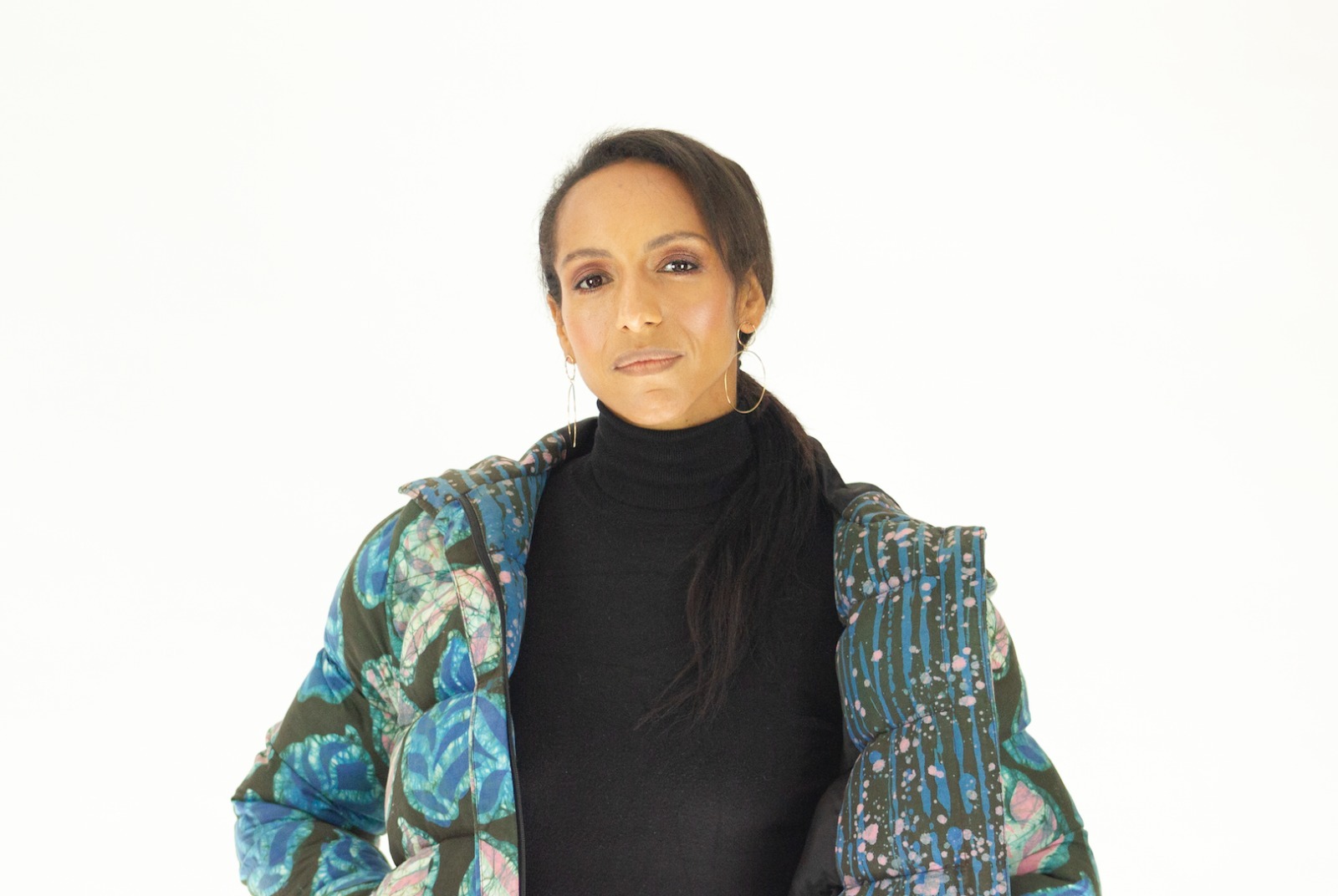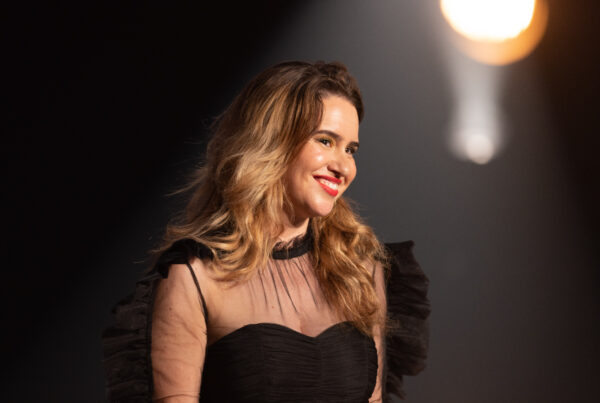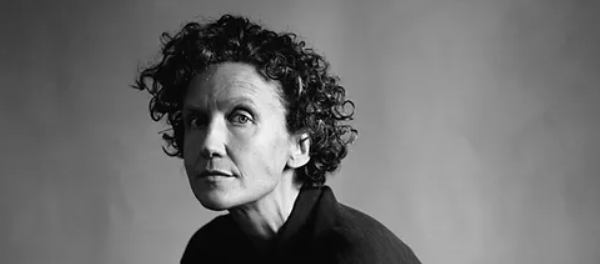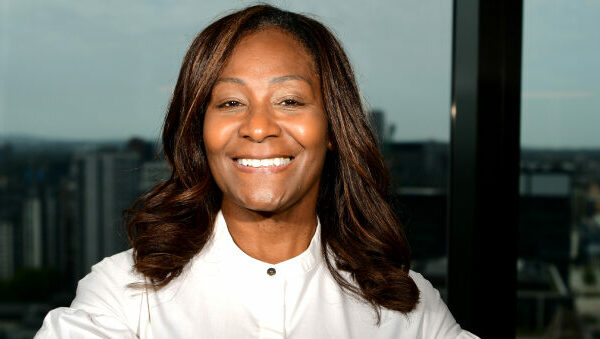Those who avidly watch her debates on The Pledge, follow her journey through the power of art in African Renaissance, read her articles in The Guardian, Vogue, or Time, and who hold Brit(ish): On Race, Identity, and Belonging close to heart will be familiar with influencer Afua Hirsch’s fierceness and determination. But how did a Wimbledon High School alumna find her calling in making sense of the world’s injustices? Darling exclusive interview.
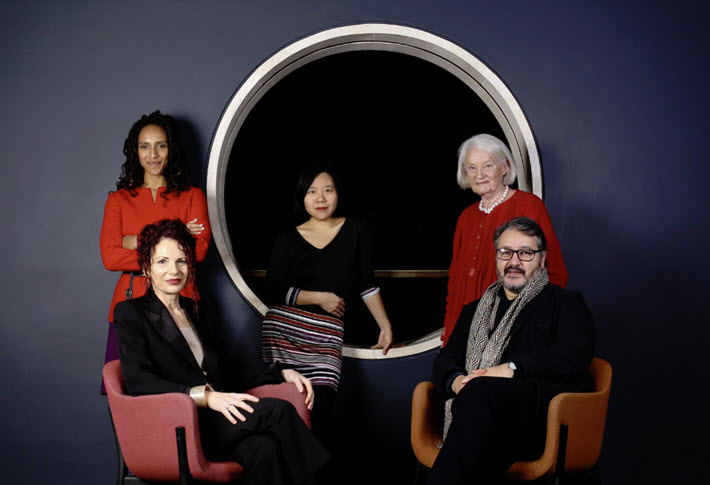
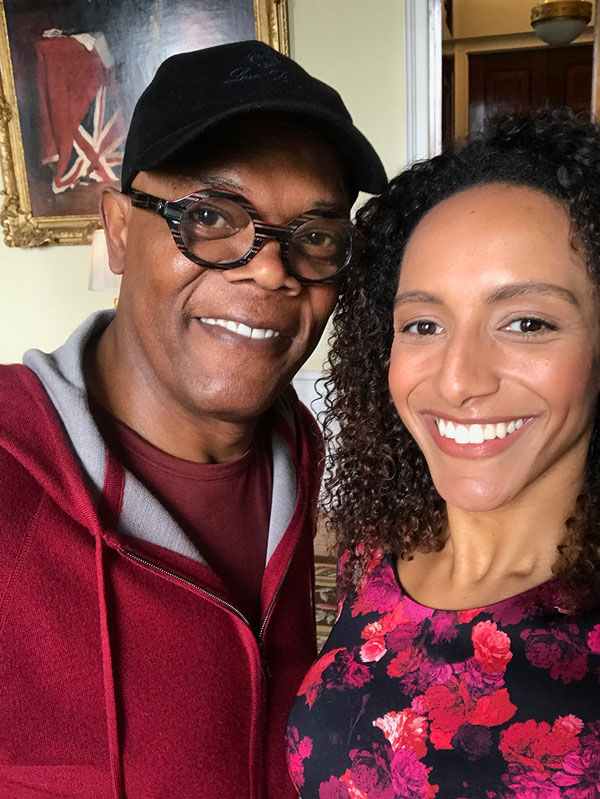
You come from a family of influencers, change-makers, and you’ve always been vocal about racism and inequality. What motivates you to keep fighting?
I’m blessed with such a rich heritage on both sides of my family. My paternal grandfather was an unaccompanied child refugee from Nazi Germany and my paternal grandmother was a history teacher and working woman from Yorkshire, at a time when so much was stacked against women having careers. My maternal grandparents sought political refuge in the UK from Ghana and my maternal grandmother, who also lives in Wimbledon, remains a source of inspiration and strength.
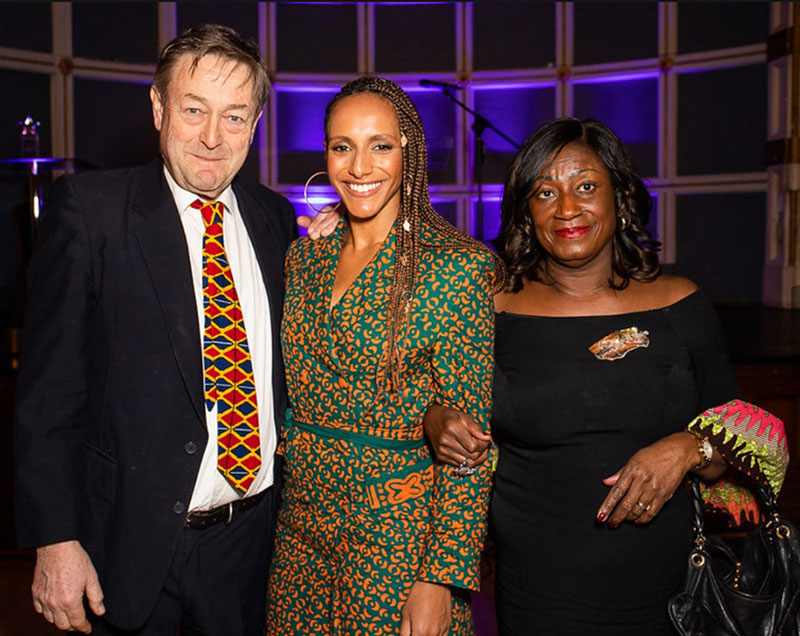
I grew up mixed-race in the 1980’s and ‘90s when black British culture and identities were erased in the arts, media and politics, except in negative ways that perpetuated racist stereotypes. This gave me an early sense that Britain was not confronting its true history or current inequality. So all of my work is motivated by a strong desire to tell the truth, and to make things easier for a younger generation to navigate this society, and make sense of the problems we face.
Between sitting on the panel of Sky News’ The Pledge, hosting BBC’s African Renaissance: When Art Meet Power, being a Guardian columnist, public speaking, and all the other incredible things you’re up to, which has been your favourite?
The documentary series Enslaved, which I co-presented with Samuel L Jackson, and which premiered on the BBC in October, was a really special experience. We filmed on four continents and explored the wrecks of slave ships that have never been seen before. It was a big budget, mammoth production which had its challenges, and was a real privilege to make. I think it humanises this devastating but also existential story about the origins of modern Britain.
Brit(ish): On Race, Identity, and Belonging has grown in popularity, reaching new audiences with the re-emergence of the Black Lives Matter movement. What do you hope readers will take away from your book?
The aim of my book was really to do justice to my younger self. If you had met me when I was growing up in Wimbledon twenty years ago you would have found someone full of optimism and ambition but also in the throes of an identity crisis. I also had a sense that the things I was experiencing did not match the things I was being taught. I hope people snap out of complacency. If Britain is to become a thriving nation capable of doing justice to its people in the future, we need to start being more honest about our present. I dug deep to write this book and revealed things that took me way outside of my comfort zone. The response I’ve had is that it’s encouraged other people to do the same.
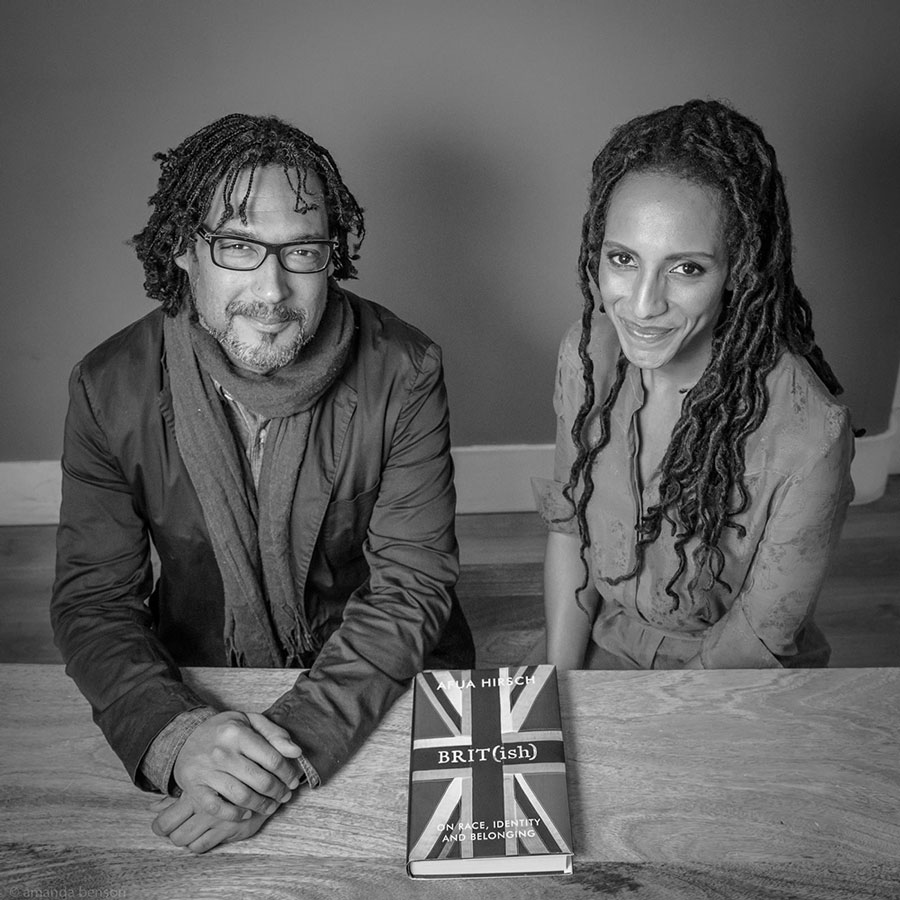
In Equal to Everything: Judge Brenda and the Supreme Court, you share the inspiring story of Lady Hale with young readers. Do you feel we’re doing enough to inspire young women to make their mark in industries dominated by men? As a journalist and ex-barrister, what did you learn from navigating such industries?
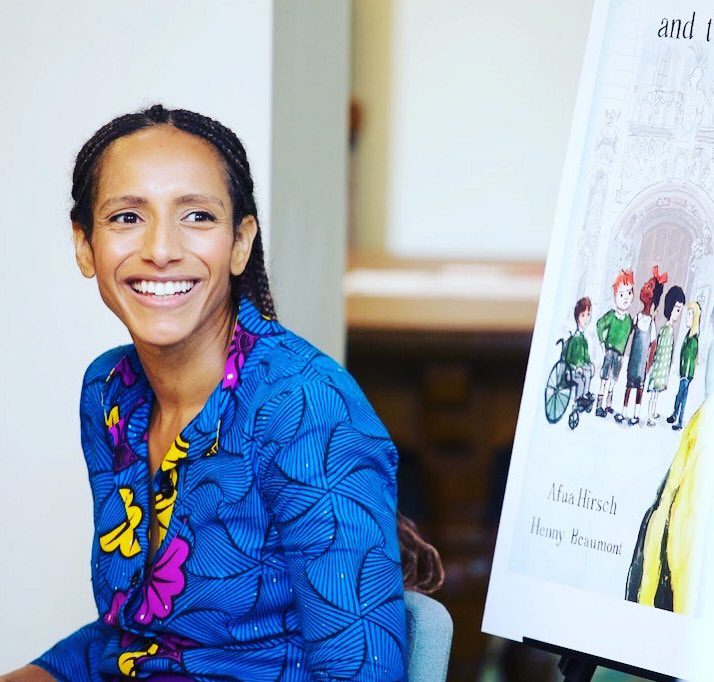
I have never worked anywhere that wasn’t on some level hostile to women or ethnic minorities. But being privileged to be in educational institutions and professions, that hostility was often subtle, subconscious and relegated to a structural level where its harder to diagnose and more difficult to challenge. Lady Hale is an incredible woman because she has overcome so much. She became a lawyer at a time when that was almost unthinkable for a woman. She rose to the very top of the legal profession whilst also being a mother, which was also unprecedented. And yet she remains authentic to herself. She proudly owns her experience and her struggles, and self-identifying as a feminist who cares about improving things for all women. That is what I find inspiring, and what I seek to achieve with any platform I’ve given.
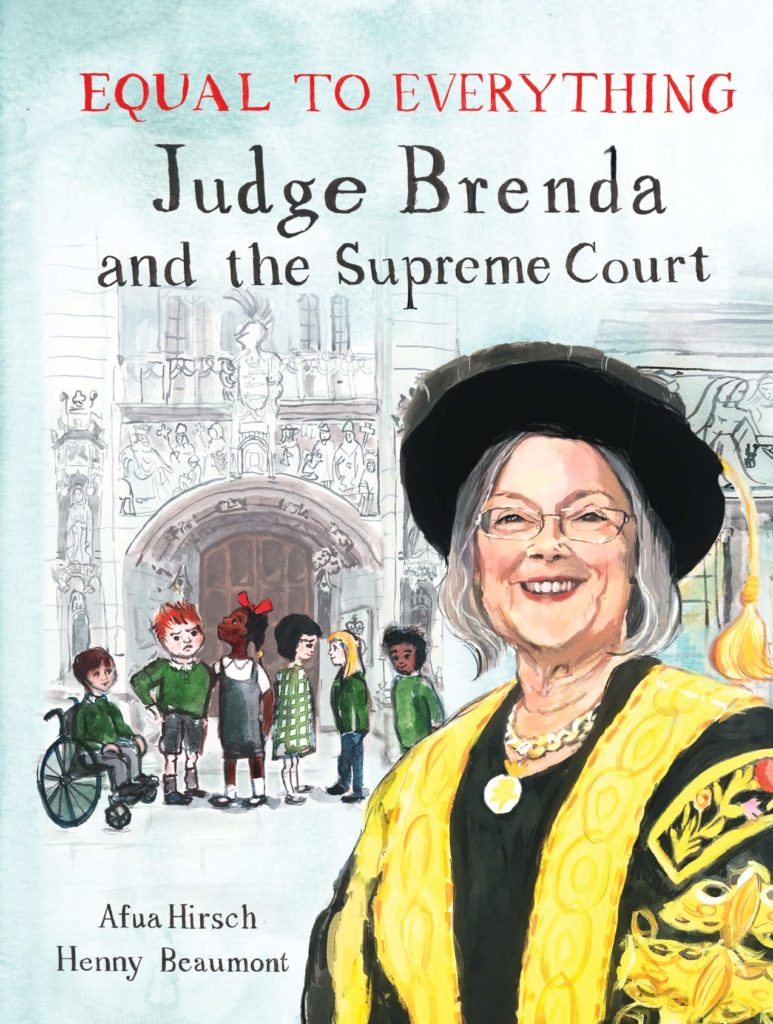
What advice would you give to women who aspire to be as fearless in standing up to social injustice as you are?
Learn how to be intersectional. I don’t believe you can be a feminist if you are not an ally to all women. Whether that’s black women, disabled women, gay women, trans women, women in immigration detention or experiencing poverty. Growing up I felt quite alienated from the privileged white version of feminism that was visible to me. It took me a long time to understand what feminism really is. I now see the power of that allyship from women who stand up for a fairer society for everyone.
What do you get up to when you need to take a break from the political world?
I’m increasingly spending my time on TV and writing projects that I hope will reach people emotionally and achieve cultural change. For me, taking a break from the endless distractions of the news cycle has become essential. I love to run on Wimbledon Common, spend time with my family – who all still live in Wimbledon – and disappear into quiet places where I can read, think and write.
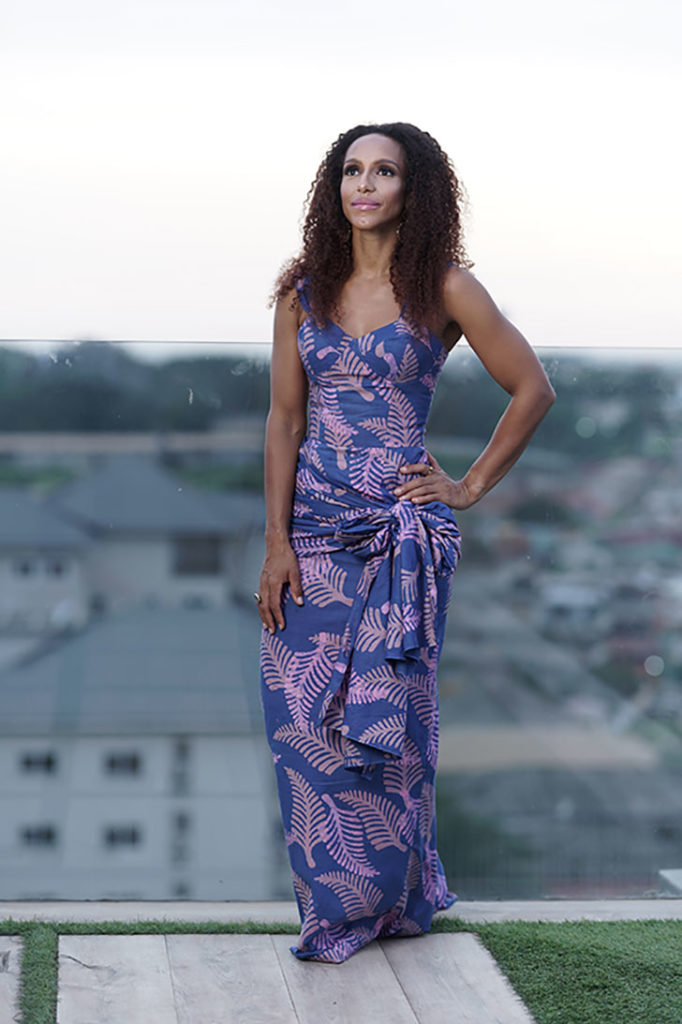
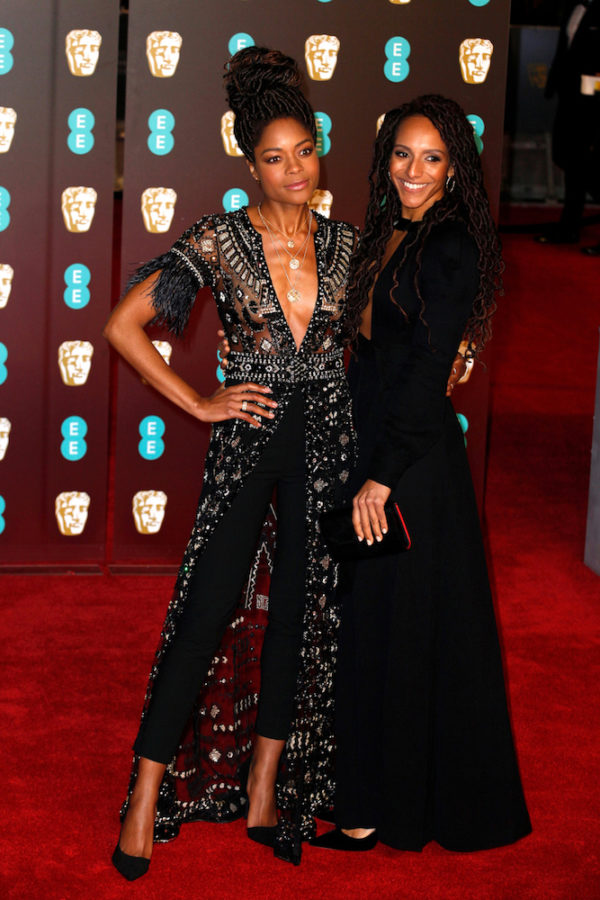
With Naomie Harris the 71st British Academy Film Awards 2019 held at the Royal Albert Hall in London Photo: Mario Mitsis/WENN.com
To end on a personal note, how did growing up in Wimbledon tie into your hopes and dreams as a young girl? Did you have any favourite places, favourite pastimes?
I always find it ironic when people respond to my critique or commentary by saying I “hate Britain”. Ironically, it’s because I’m so British that I feel compelled to try and improve things here. Growing up in Wimbledon was formative, because although this is part of London it’s also a bubble all of its own. I’m nostalgic about parts of my childhood; berry picking on the Common in autumn, walks in Cannizaro Park, trips to the Polka Theatre.
I try and explain to my daughter, who is nine, how exciting it was when Centre Court Shopping Centre opened, when I was her age. She just looks at me as if I’m ancient. Sometimes I struggle with feeling like such a visible other in Wimbledon. For all the years I have lived here, it has never felt anywhere near as diverse as other parts of London. But at the same time, it has shaped me in so many ways, and one thing I have learned is to embrace who you are, unapologetically.
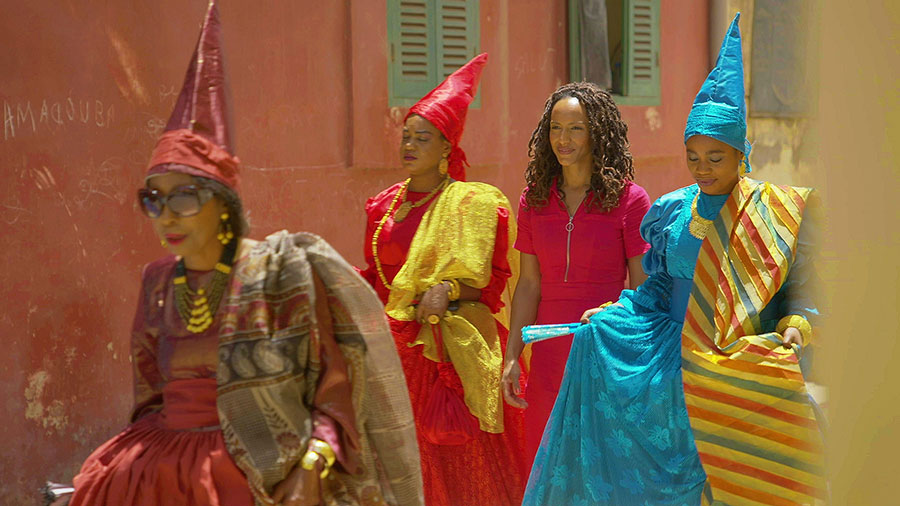
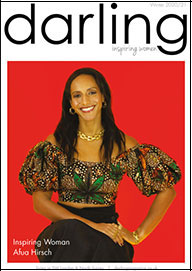
photo Taylor Torr
You may also enjoy reading https://darlingmagazine.co.uk/women-to-watch/british-women-of-colour/

